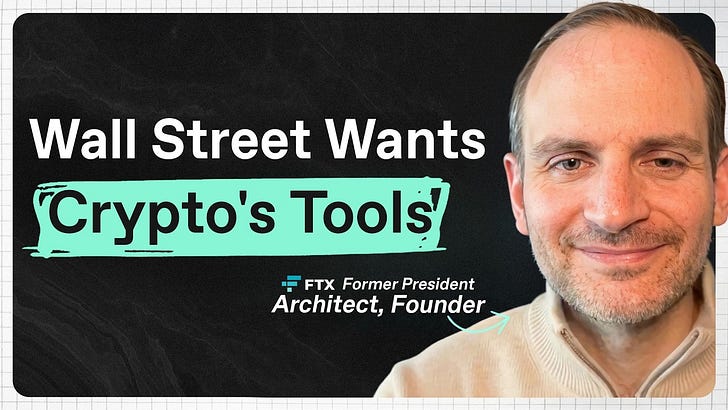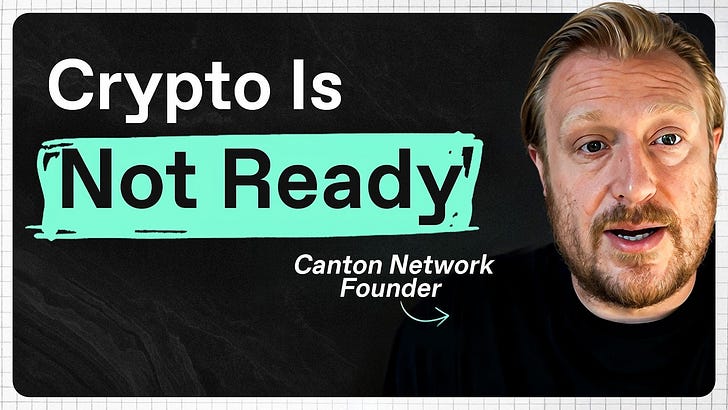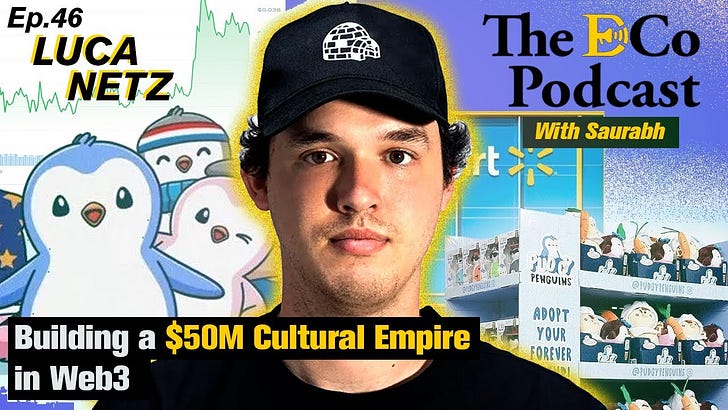We have been working with teams trying to improve our on-chain user experience. If you are tinkering with something here, we are in the arena and would love to help in any way we can.
Hello!
We wrote about chain abstraction in August. A couple of months later, Vaibhav Chellani, co-founder of Socket, joined us for a conversation.
Socket is tackling the fragmentation problem by creating a chain-agnostic experience to make crypto transactions feel like card swipes. Our latest podcast dives into how.
We dive into what chain abstraction truly means. Vaibhav built one of the first ZK rollups (yes, before they were cool) and, in the process, realised that having multiple rollups would actually be key to Ethereum's scaling. The downside is that more rollups meant more fragmentation. This led Vaibhav to chain abstraction.
After three years of working on bridge aggregation at Bungee, Vaibhav argues that bridge aggregation is flawed. "Bridging shouldn't be an application. It's like TCP/IP—users don't want to interact with sending bytes." He thinks in the future, AI agents will handle on-chain trades for us, adjusting slippage based on user preferences.
The conversation also covers why Socket is betting on a future where smart wallets can bring together assets from different networks instantly and “bridging” is not a dreaded chore. It’s a future where we never again have to care about which chain we’re on or deal with the hassle of bridging assets.
Between appchains and general purpose chains, Vaibhav suggests that’s asking the wrong question—it’s all about "state bubbles." It is like Twitter selling API access to their database. The future isn't about chain types, but about who controls what state and how others access it.
I think of the end state that Socket is trying to achieve, just like Bitcoin wallets abstract away UTXOs. You don’t bother with adding multiple BTC inputs you received to spend it. Similarly, with a protocol like Socket, you won’t have to bother checking multiple chains for balances when you want to mint an NFT or buy a memecoin urgently.
According to Vaibhav, 400+ teams, including Coinbase Wallet, MetaMask, and Synthetix, are already building with Socket's infrastructure. If you want to understand where chain abstraction technology is headed, how user experience can shape the success of protocols, or even if you’re just tired of the cumbersome process of moving funds around, this episode is not one to miss.
Signing out,
Saurabh Deshpande
Related Reading:












